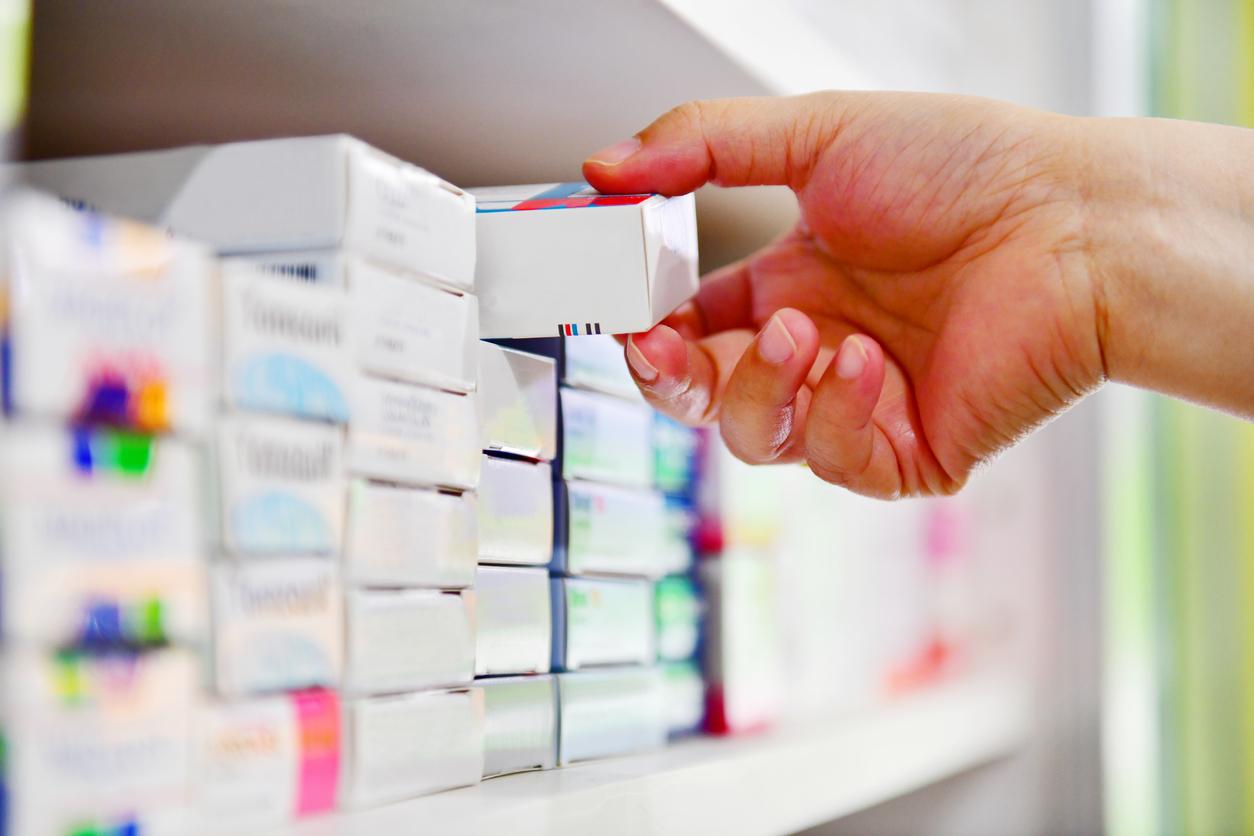
Several vaccines against Covid-19 are used in France and in Europe. However, the famous injection could well be dethroned by a completely different device: the nasal vaccine. In pre-clinical studies, French researchers tested a product to be administered directly into the nostrils and the results are very positive.
How does the nasal Covid-19 vaccine work?
BioMAP researchers from INRAE-University of Tours Infectiology and Public Health France, a 100% French team, recently filed a patent for their nasal-administered vaccine candidate. It is no accident that this particular path was chosen by scientists. A pathogen, such as a virus, enters the body through the nasal mucous membranes. The latter are therefore the gateway to Sars-Cov-2, but also the place in which it proliferates. The nasal vaccine is able to prevent the virus from being present in the nose by inducing an immune reaction directly in the mucous membranes. The process is not new, since the technology of the mucous vaccine has already been tested in the laboratory on monkeys, in particular to protect them from toxoplasmosis. In the case of the coronavirus, the product is composed of proteins, in this case the Spike protein, encapsulated in nanoparticles containing starch and lipids. This envelope is a biotechnology called Vaxinano.
Thus, according to the press release published by the Institute, the vaccine “ would be protective regardless of viral mutations and the circulating strain of coronavirus. “Concretely, unlike a vaccine administered intramuscularly, the mucous vaccine is provided with a” small adapter placed at the end of a syringe without needle allowing an ideal diffusion within the nasal cavity. However, this device could evolve into a nasal spray. This vaccine has many advantages, since it is non-invasive, easy to use and can be used as a first dose as well as a booster dose.
Encouraging pre-clinical studies
So far, the nasal vaccine has not been tested in vivo than on a Syrian hamster model. Two nasal administrations were performed, three weeks apart. The results are rather promising, since the product induced a strong immune response in the cavities and the lungs, not only against Sars-Cov-2, but also against all the variants. The vaccine is very effective because “ after vaccination and infection, 100% of individuals survived, and no clinical signs (respiratory distress, weight loss, etc.) were observed. “On the other hand, the product has an impact on contagion, because no trace of the virus was found in the vaccinated animal, neither in the nasal cavities nor in the lungs:” These results […] allow us to conclude that there has been a total abrogation of contagiousness between individuals. In other words, the animal vaccinated with nasal serum and contaminated with Sars-Cov-2 does not transmit the virus.
To summarize, the mucosal vaccine allows you to:
- trigger an early immune response against the original virus and its variants;
- prevent transmission of the virus.
Clinical trials should begin during the second quarter of 2022, for marketing in 2023. From the fall of 2021, batches of vaccines will be developed and produced in order to be ready for the start of the trials.

















